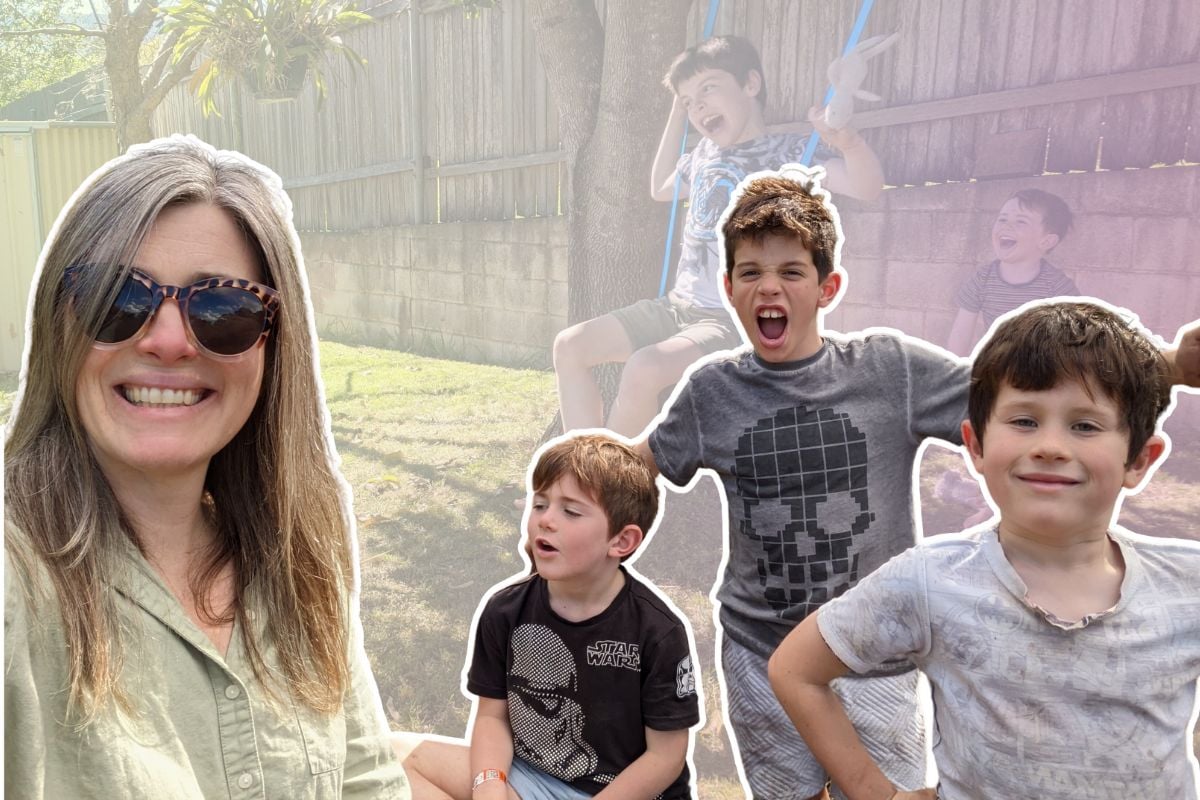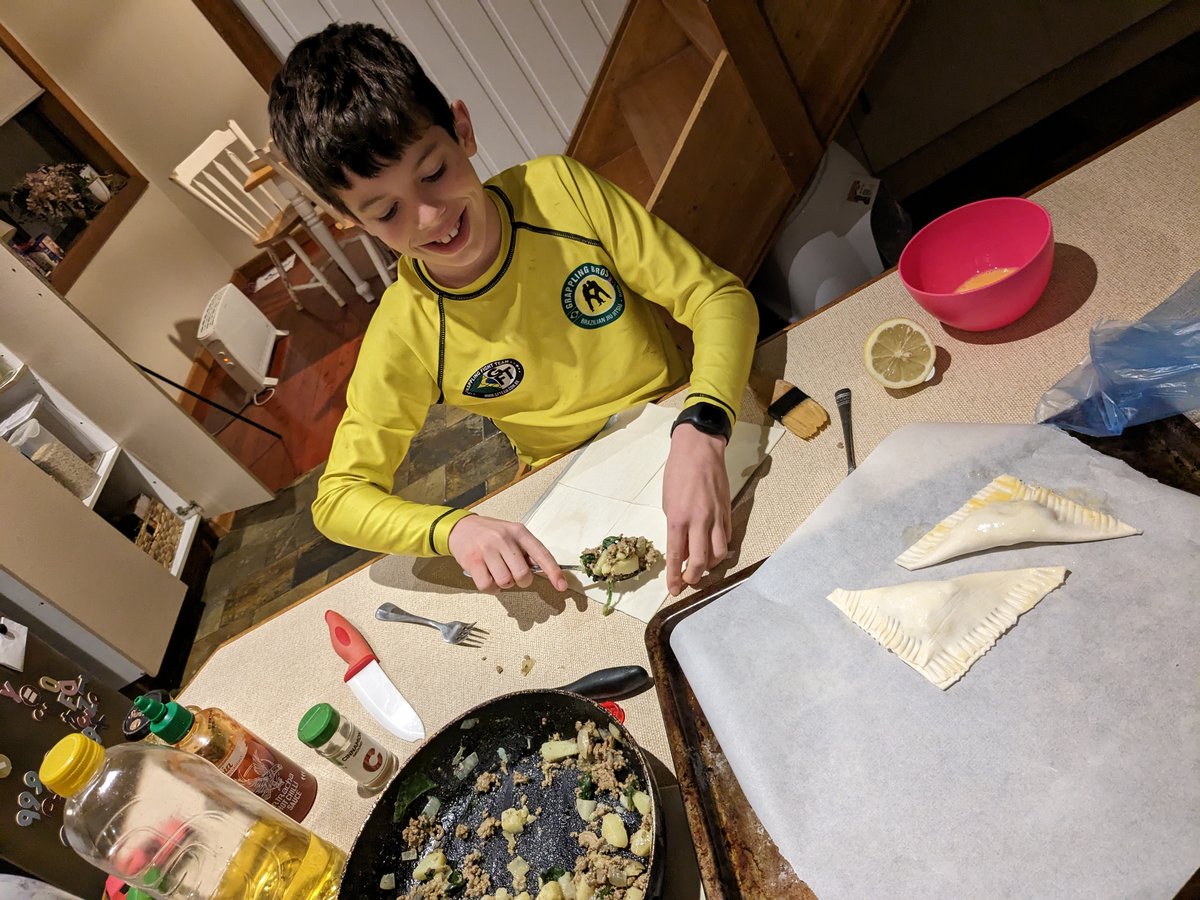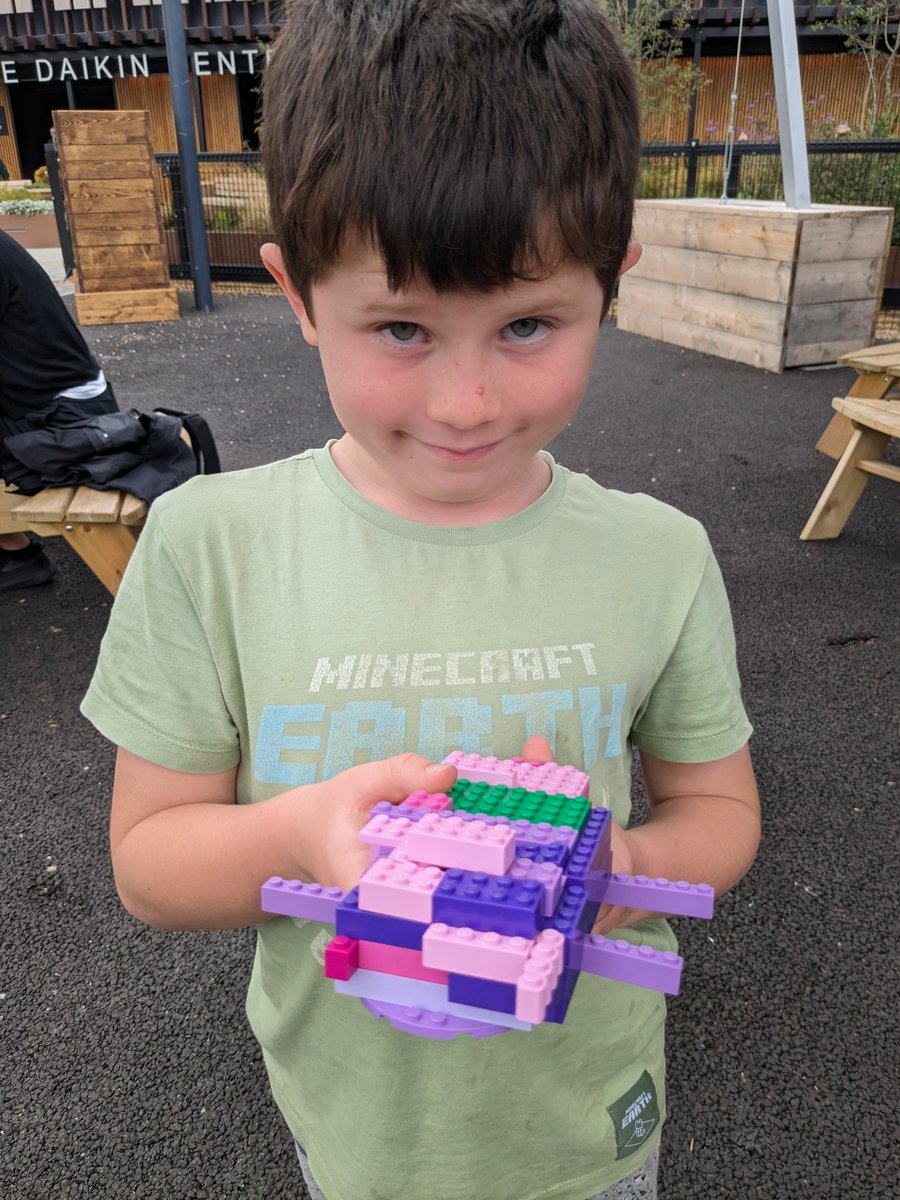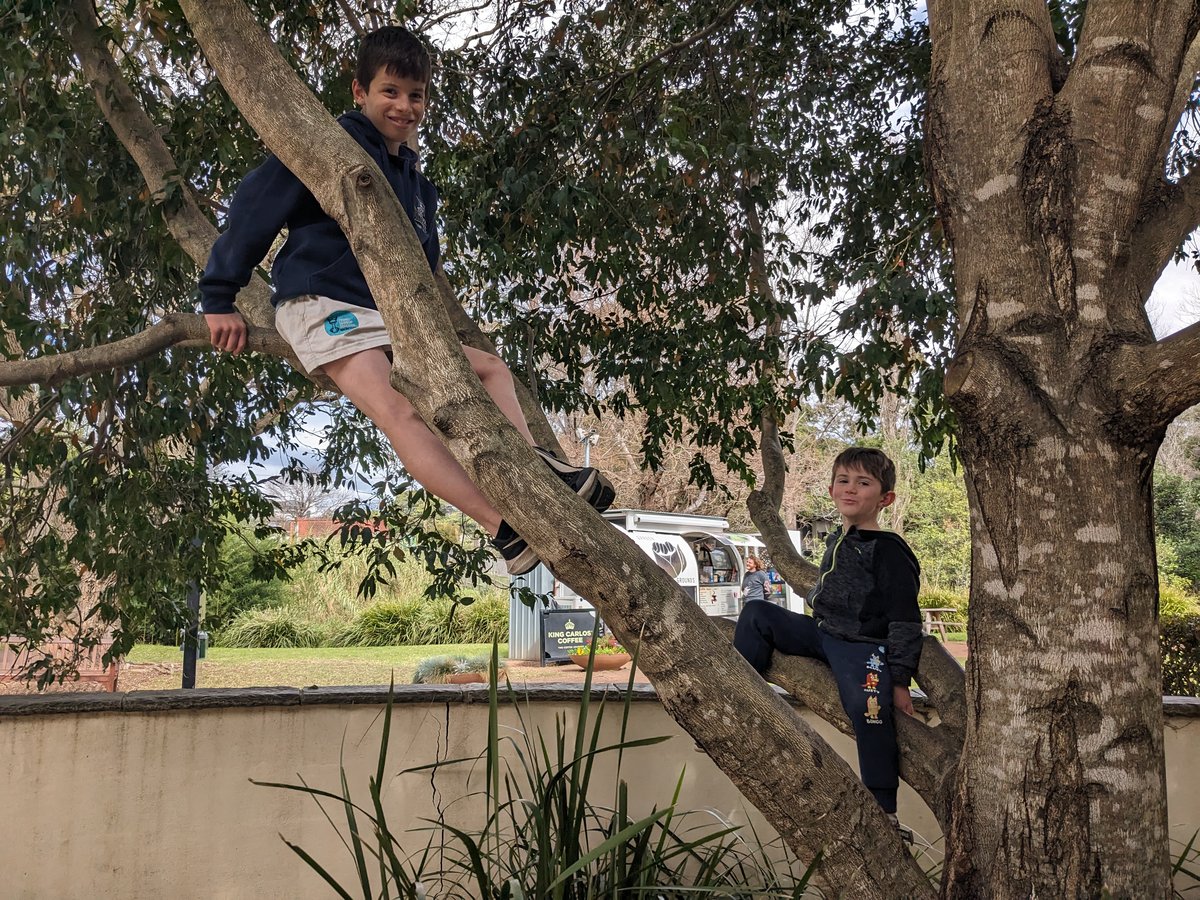

If I told my 9-year-old we’d be doing something fun this weekend that was also educational (bonus!), he’d roll his eyes at me.
But like vegetables hidden in spaghetti sauce or quality time disguised as walking the dog together, when it comes to helping our primary school-aged children develop their learning, sometimes we’ve got to be creative.
With three busy boys in our house (aged 5, 7 and 9), I’m always looking for easy and fun activities we can do together which don’t involve screens and which will actually get their brains ticking.
Here are six of our favourites, just promise me you won’t tell my kids they’re actually educational.
1. Cooking a meal.
Kids love cooking, and they’ll never guess just how good it is for their development.
Following a recipe is great for helping kids improve their reading and expand their vocabulary – as they discover words for foods they might not have read before, and then decode the method which might include mysterious instructions such as "separate an egg" or "sauté the onion".
Cooking is basically a science experiment in disguise, as you explore how food reacts when combined with other ingredients, is agitated by mixing, or transformed by heating.
 Image: Supplied.
Image: Supplied.



